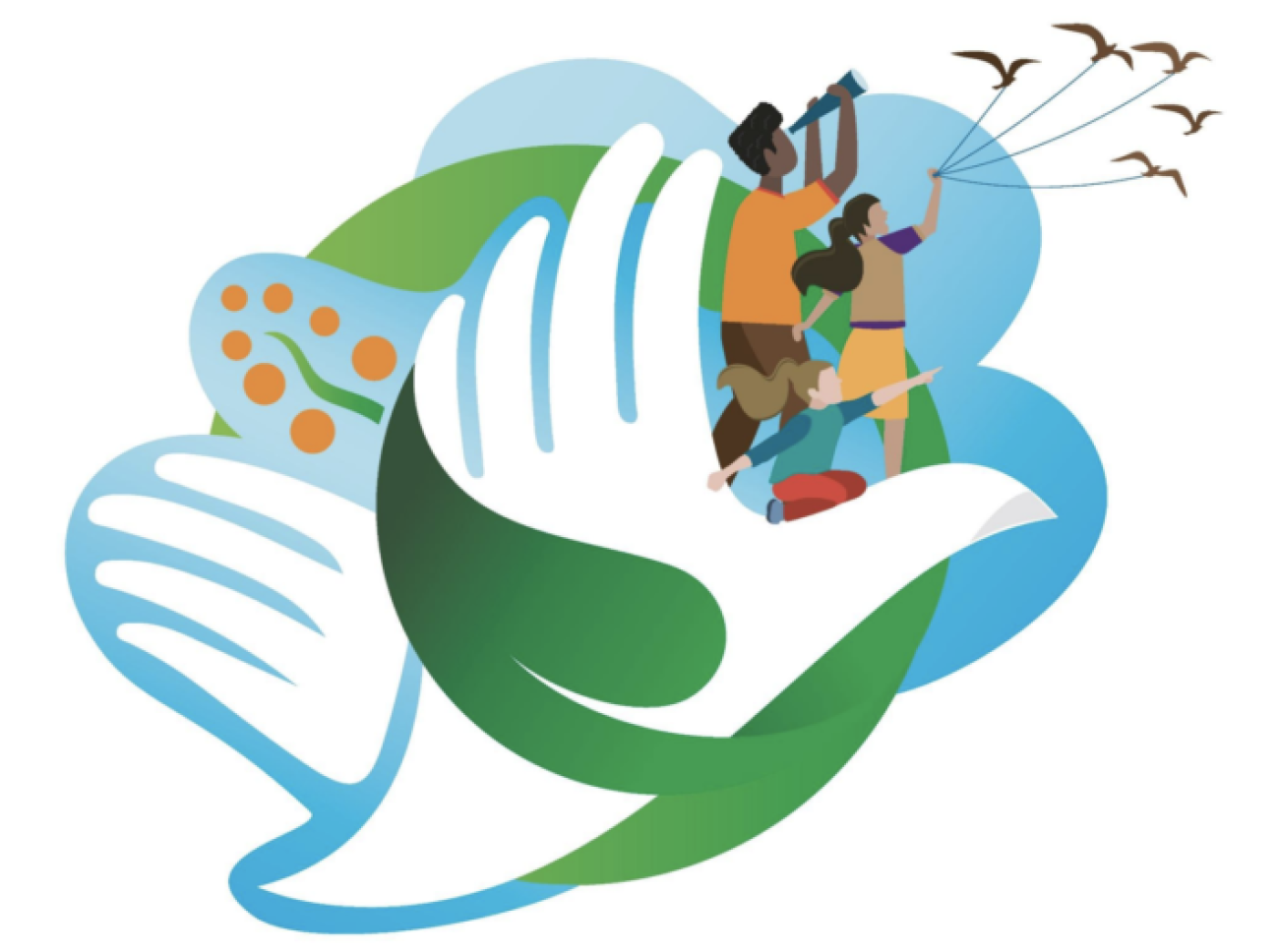Rising poverty a ‘moral indictment of our times’: Guterres

For the first time in two decades, extreme poverty is on the rise, the UN chief said in his message.
For the first time in two decades, extreme poverty is on the rise, the UN chief said in his message released on Friday, marking the International Day for the Eradication of Poverty, on 17 October.
Describing current levels of poverty as “a moral indictment of our times”, Secretary-General António Guterres said that the COVID-19 pandemic has wreaked havoc on economies and societies around the world, with some 120 million more people falling into poverty last year.
“A lopsided recovery is further deepening inequalities between the Global North and South”, said Mr. Guterres. “Solidarity is missing in action – just when we need it most”.
vaccine inequality has enabled COVID variants to mutate and “run wild”, condemning the world to millions more deaths, and prolonging an economic slowdown that could cost trillions of dollars.
“We must end this outrage, tackle debt distress and ensure recovery investment in countries with the greatest need”, he spelled out.
‘Building forward better’
Mr. Guterres outlined a three-pronged global recovery approach to ‘Building Forward Better’ that begins with stronger political will and partnerships to achieve universal social protection by 2030.
For a transformative recovery to end to the endemic structural disadvantages and inequalities that perpetuated poverty even before the pandemic, the world must invest in job re-skilling for the growing green economy, according to the UN chief.
“And we must invest in quality jobs in the care economy, which will promote greater equality and ensure everyone receives the dignified care they deserve”, he said.
Raising women up
Recovery must be inclusive so as not to leave so many behind, “increasing the vulnerability of already marginalized groups, and pushing the Sustainable Development Goals (SDGs) ever further out of reach”, Mr. Guterres added.
“The number of women in extreme poverty far outpaces that of men. Even before the pandemic, the 22 richest men in the world had more wealth than all the women in Africa – and that gap has only grown”, he upheld, adding, “we cannot recover with only half our potential”.
Economic investments must target women entrepreneurs; formalize the informal sector; focus on education, social protection, universal childcare, health care and decent work; and bridge the digital divide, including its deep gender dimension, he said.
Building momentum
To build a resilient, decarbonized and net-zero world, the recovery must be sustainable, which was the UN chief’s third point.
He urged everyone to “listen far more” to those living in poverty, address indignities and “dismantle barriers” to inclusion, in every society.
“Today and every day, let us join hands to end poverty and create a world of justice, dignity and opportunity for all.”

